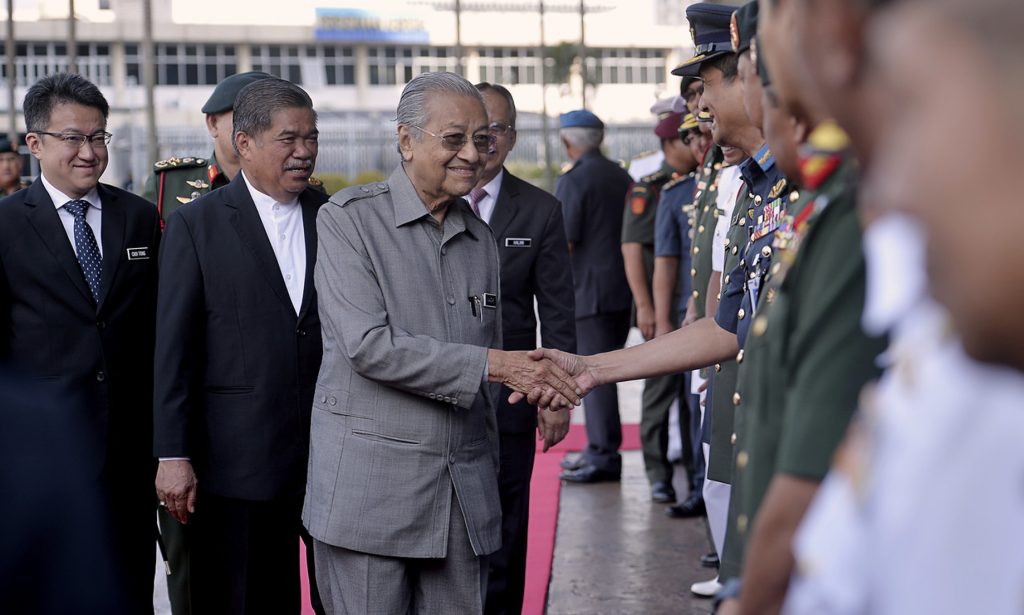
The Norwegian Parliament voted on Dec 3, 2018 to limit and phase out palm oil through measures and taxes in its biofuels policy, effective Jan 1, 2020, to exclude biofuels with high deforestation risk. Photo courtesy bernama images
KUALA LUMPUR, Malaysia Feb 23 (NNN- Bernama) – Malaysia’s Tun Dr Mahathir Mohamed welcomes the incoming visit of Norway’s Trade and Industry Minister Thorbjørn Røe Isaksen to Malaysia next week to explore new areas of cooperation and further strengthen bilateral cooperation.
Malaysia also looks forward to working together with Norway on the palm oil ban issue, as well as to study the development of the palm oil industry, including in the field of sustainable development
The Ministry of Foreign Affairs, in a statement today, said the Prime Minister, recently sent a letter to Norway’s Prime Minister Erna Solberg explaining Malaysia’s position on the vote by the Norwegian Parliament on palm oil.
Dr Mahathir asserted the country’s position to Norwegian Ambassador to Malaysia Gunn Jorid Roset during a meeting on Feb 18, 2019.
The Norwegian Parliament voted on Dec 3, 2018 to limit and phase out palm oil through measures and taxes in its biofuels policy, effective Jan 1, 2020, to exclude biofuels with high deforestation risk.
“In light of the unfair treatment of palm oil, Malaysia has requested for the Government of Norway to re-assess the matter.
“We seek Norway’s support to provide equal access to sustainable palm oil alongside other biofuel feedstock,” the ministry said.
Wisma Putra contended that the proposed ban is unfair and discriminatory as no other oil seed or oil bearing crop has been targeted.
The claim that palm oil is responsible for deforestation is demonstrably untrue as research has shown that the Malaysian palm oil industry is not the driver of deforestation, it added.
In fact, it said oil palm cultivation ranks far behind beef and soy, to name only two, which are responsible for much greater deforestation.
Malaysia pledged to retain 50 per cent of its land area as forest cover at the Rio Earth Summit in 1992 and this commitment is still being met today.
“The country is highly committed to protecting and conserving its forests, with 55.3 per cent of our total land area under forest cover.
“This is far higher than the forest cover in most large European countries, including France, Germany, Italy and the United Kingdom,” it said.
The ministry said with an annual deforestation rate of below 0.5 per cent, the Food and Agriculture Organisation has classified Malaysia as a high forest and low deforestation country.
More importantly, it attested that all of Malaysia’s oil palm cultivations are on legally designated agricultural lands, with new oil palm plantations in the country have plateaued in recent years and to remain so.
“The Malaysian palm oil industry is now focused on improving productivity and yields and uses the least land, while producing the highest yield, about four to 10 times more productive than other oil crops, such as rapeseed, corn, soya and canola,” it added.
Wisma Putra said Malaysia is also working hard towards achieving the highest standards of sustainability in its development efforts.
